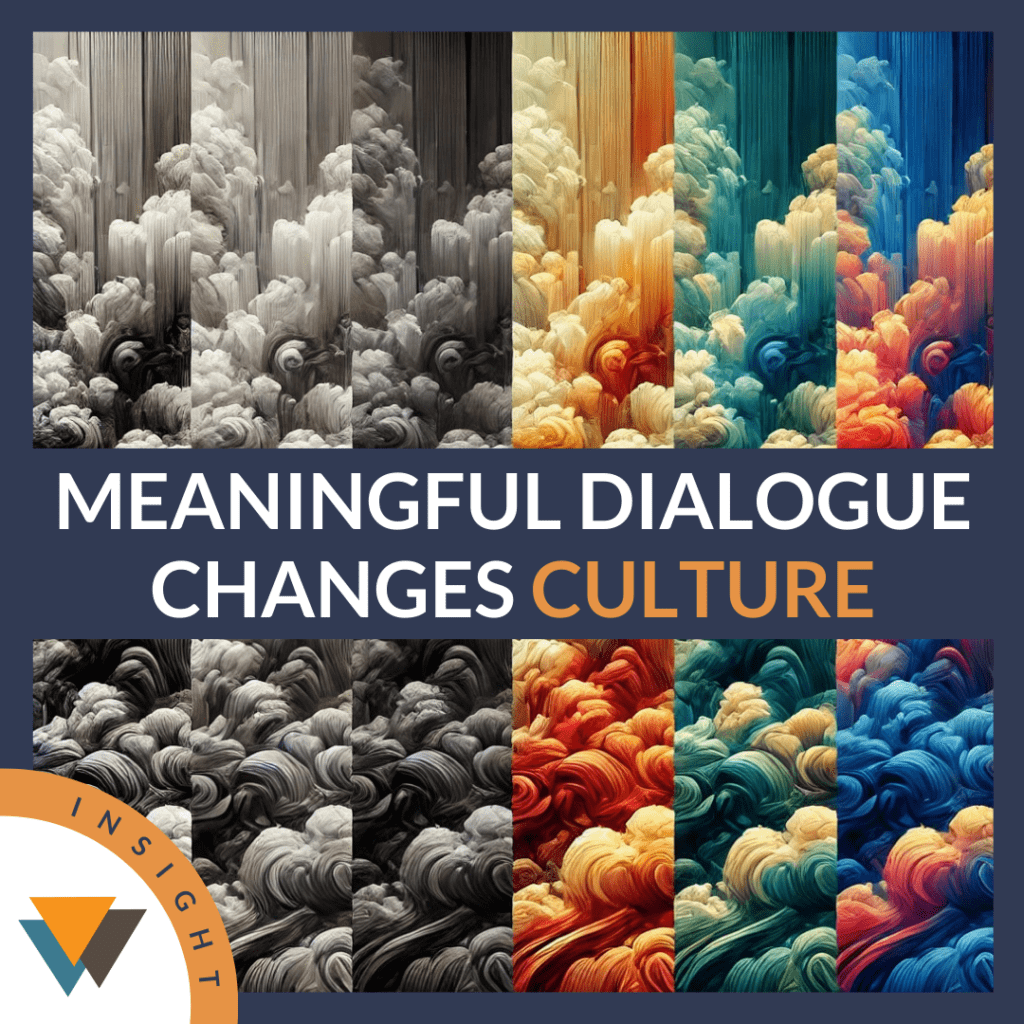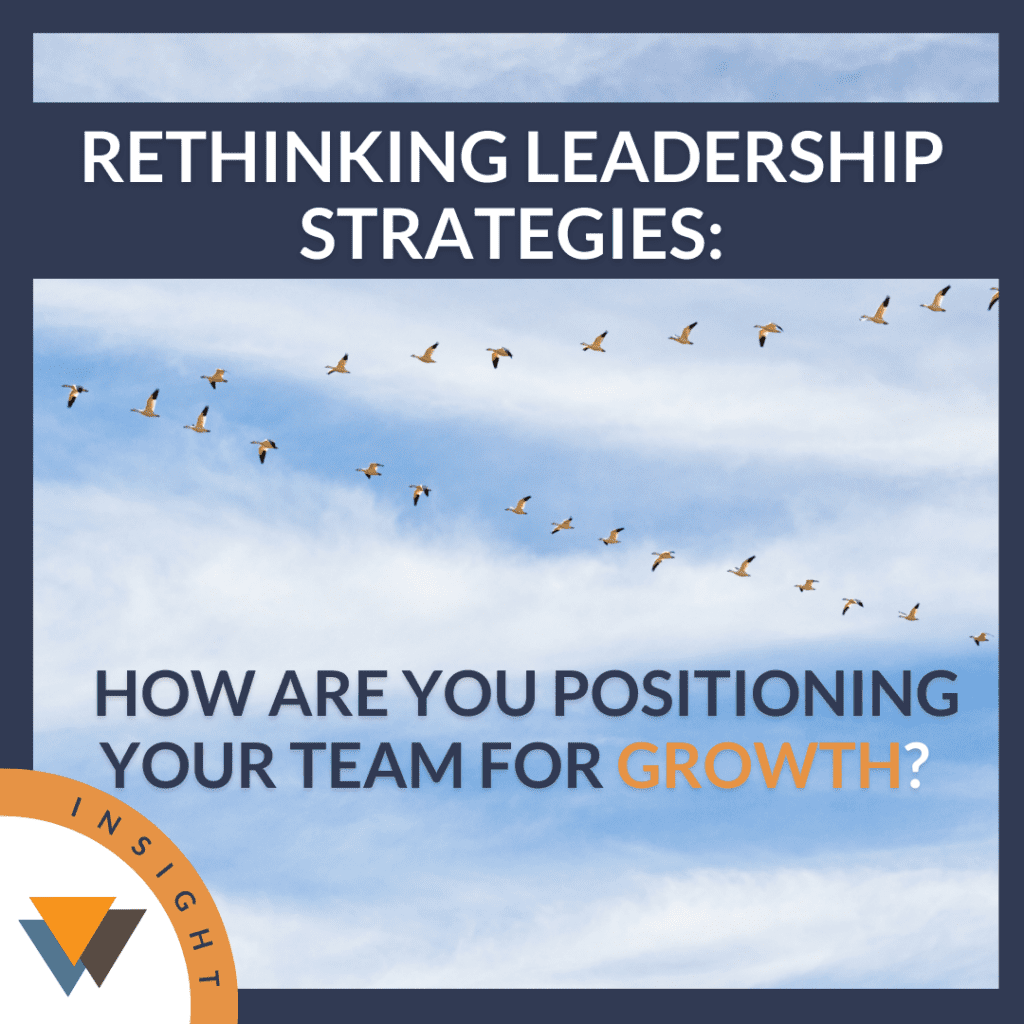
Why You Should Care
Written by Randy Mayes
Leadership isn’t just about getting things done—it’s about people. And people matter. If you don’t connect with your team and build trust, not much else will happen. I hear leaders say all the time, “I don’t have time for all this emotional stuff.” But here’s the truth: emotions are what make us human, and if you lead humans, emotions are part of the equation. That’s why empathy isn’t just nice to have—it’s essential.
Think of empathy like a buoy—a lifesaver you can toss to someone struggling to stay afloat. Imagine a team member weighed down by frustration, fear, or confusion. When you offer them empathy, you’re not solving their problem for them, but you’re keeping them from sinking. You’re giving them the space and support to regain their strength. Empathy is about more than understanding how someone feels; it’s about helping them feel seen, heard, and valued.
At its core, empathy builds connection. It’s the bridge between understanding someone’s emotions and responding in a way that shows you care. When people feel that connection, trust grows. And when trust grows, real communication happens. You listen more, judge less, and respond in ways that validate and encourage. That kind of connection doesn’t just build relationships—it builds teams that thrive.
Empathy in leadership is powerful. Just like a buoy keeps a swimmer afloat, empathy helps your team navigate rough waters. An empathetic leader sees people as individuals with unique strengths, challenges, and needs. When you take the time to offer that kind of personalized support, you create a culture where people feel valued, included, and motivated to give their best.
Empathy also fuels innovation and collaboration. When your team knows they can share ideas without fear of judgment, it’s like calming the waters so everyone can swim freely. This openness brings diverse perspectives together to solve real problems. Teams led with empathy don’t just meet expectations—they exceed them.
And when it comes to conflict, empathy is a game changer. It shifts the focus from blame to understanding, turning disagreements into opportunities for growth. By addressing the emotions beneath the surface, empathy can de-escalate tension and create stronger connections.
So, how do you grow your empathy? Start by listening. I mean really listening—not planning your response, but giving someone your full attention. Ask open-ended questions. Pay attention to body language. And don’t be afraid to share your own experiences—it shows you’re human too.
At the end of the day, empathy is what keeps us connected. It’s the buoy that helps us stay afloat when life’s waves hit hard. When we lead with empathy, we not only strengthen our teams, but we create ripples of trust, connection, and growth that can transform an entire culture.
Would you like to build a better team? People are our specialty. Reach out and let’s talk.
Presence is a Superpower
What if the most powerful thing you bring to the table isn’t your strategy, your vision, or...
Lead From the Seat You’re In
The invitation was clear. The vision, compelling. The role, ours to take—until it wasn’t. We sat across...
Turning the Light On
She stood in awe, eyes wide, whispering Wow. Then she pulled a string—and the light disappeared. The...
Touch Someone
Fifteen minutes after I touched her, she was gone. Fifteen minutes after I touched him, he fell...
Meaningful Dialogue Changes Culture
Some organizations thrive. Others stay stuck. The difference? It often comes down to the conversations they have—or...
Are You Ready to Reset?
Leaders set clear goals, communicate expectations, and yet… engagement still falls flat. It’s frustrating when employees don’t...
What Foxes are Lurking in Your Backyard?
In a recent conversation with a leadership team, someone brought up an unexpected topic: foxes in the...
Happy Thanksgiving!
This week, we're sharing what we each are thankful for. Think about it... what are you thankful...
The Power of Intentionality: Are You Ready for 2025?
Recently, my wife and I planned a weekend getaway for my birthday. Nothing profound about the trip,...
Rethinking Leadership Strategies: How are You Positioning Your Team for Growth?
We’ve all seen birds flying in a V formation, often assuming they’re just following a leader. But...










